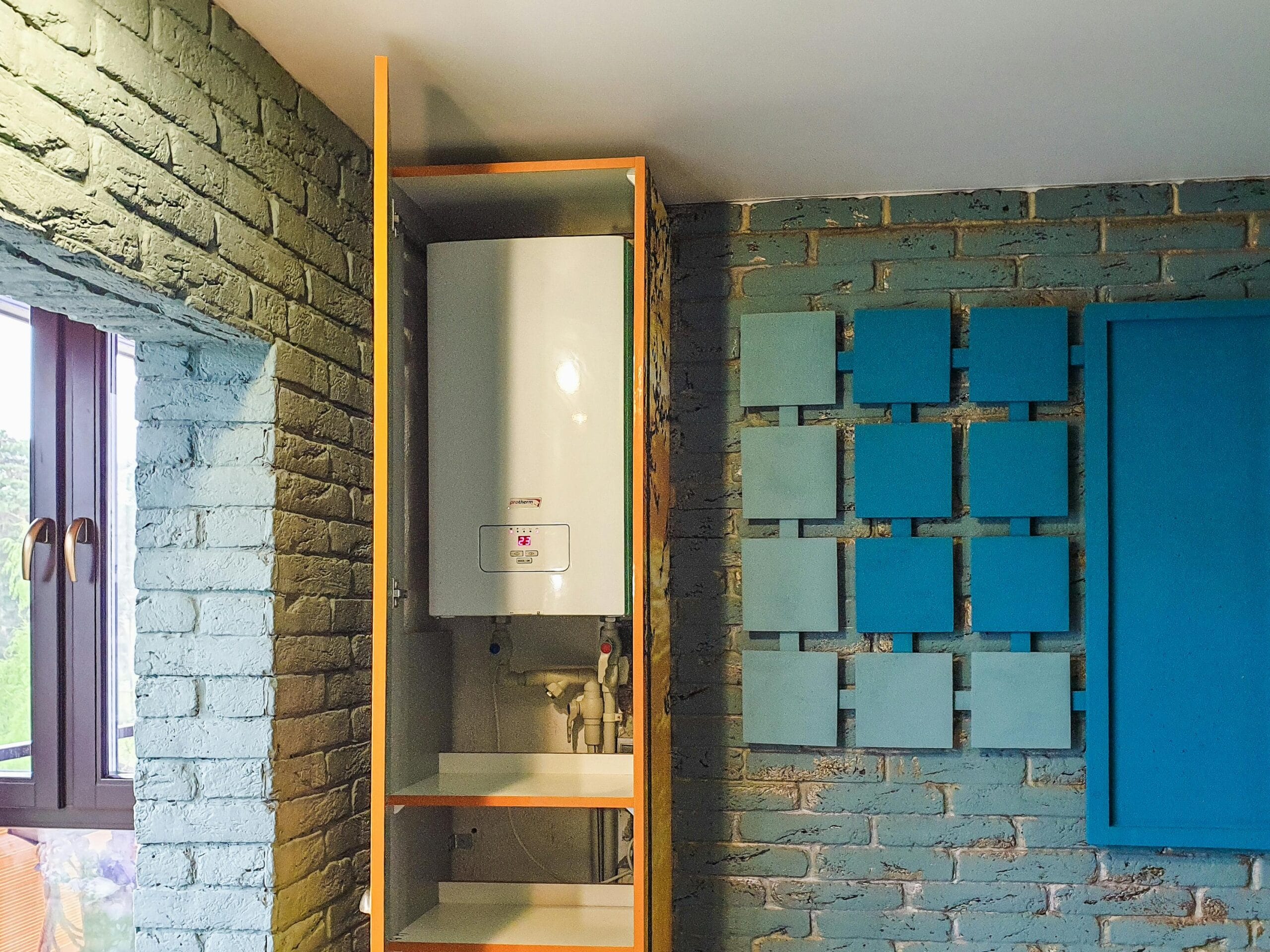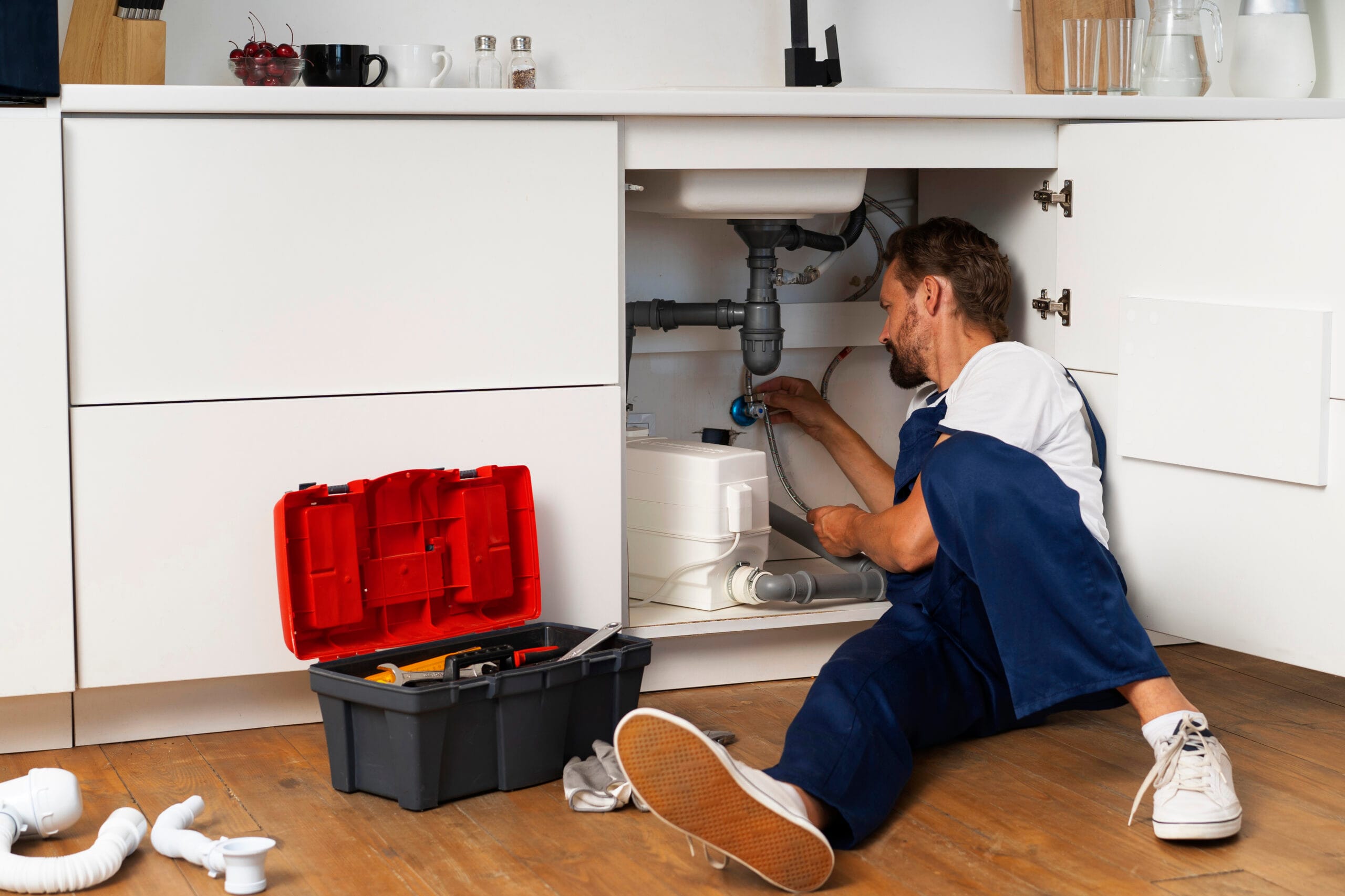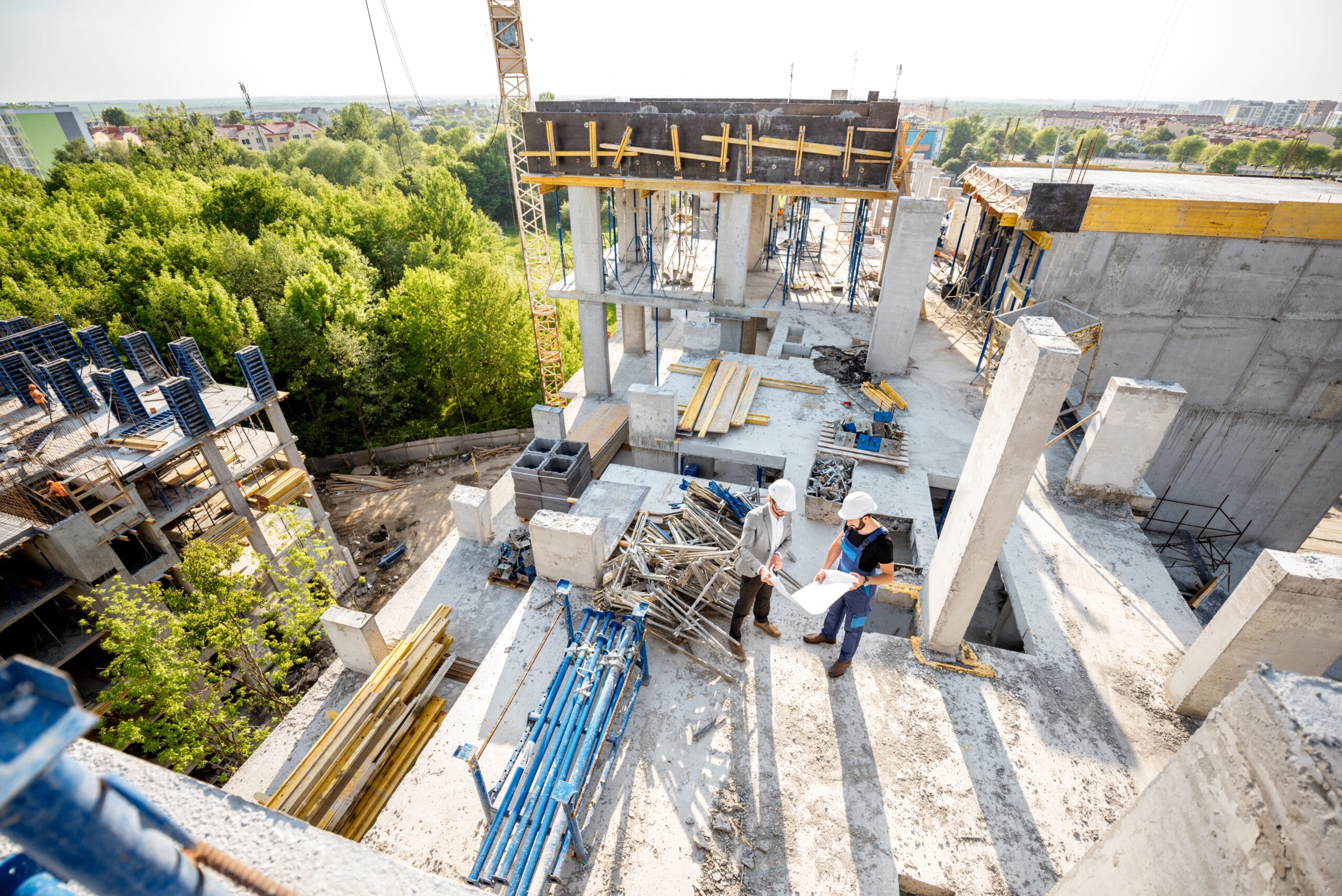Your home is more than just a roof over your head. It’s your sanctuary, your biggest investment, and, quite often, your pride and joy. But owning a home isn’t all about cozy evenings by the fireplace or barbecues in the backyard. It comes with responsibilities, especially when it comes to maintenance.
When small issues are left unchecked, they can turn into big, expensive problems faster than you think. But with regular preventive maintenance, you can save thousands of dollars, avoid unnecessary stress, and keep your home in tip-top shape. Ready to learn how? Let’s explore the best ways to protect your home from costly repairs.
Check Your Plumbing Regularly
Water is a homeowner’s best friend – and sometimes, their worst enemy. A small leak might seem harmless, but over time, it can lead to serious water damage, mold, and sky-high water bills. The key is to check your plumbing regularly.
Look under sinks for drips, test water pressure, and make sure your toilets aren’t constantly running. If you spot any issues, don’t wait—call in a professional plumber to fix it.
And let’s not forget your boiler. It’s one of the most important systems in your home, especially during colder months. A faulty boiler isn’t just inconvenient; it can also be dangerous. Companies like SD Plumbing and Heating offer expert boiler servicing to ensure it’s running safely and efficiently. Regular maintenance can save you from a complete breakdown and the costly repairs that come with it.
Keep Your Roof in Great Shape
Your roof is your home’s first line of defense against rain, snow, and wind. If it’s in bad shape, everything underneath it is at risk.
Check your roof for missing or damaged shingles, especially after heavy storms. Clear away debris, and look for signs of leaks in your attic or on your ceilings. Catching these problems early can save you thousands of dollars in repair costs.
Don’t forget about your gutters, either. Clogged gutters can lead to water pooling around your foundation or seeping into your walls. Clean them out twice a year, and make sure they’re securely attached.
Manage Moisture and Humidity Inside Your Home
High humidity can lead to condensation, which can cause mold, mildew, and even structural damage over time. Keep an eye on areas like bathrooms, basements, and kitchens where moisture tends to build up.
Install and use extractor fans when cooking or showering, and consider investing in a dehumidifier if needed. Even simple fixes, like wiping down wet surfaces or keeping bathroom windows open, can make a big difference.
For a more natural solution, add plants like peace lilies to your home. They don’t just look great—they also help absorb moisture from the air.
Don’t Overlook Water Pressure
Did you know that high water pressure can damage your pipes and lead to leaks? Many homeowners love the feeling of a strong shower, but if the pressure is too high, it can stress your plumbing system.
To check your home’s water pressure, use a simple gauge from your local hardware store. Ideally, it should be between 40 and 60 PSI (pounds per square inch). If it’s too high, a plumber can install a pressure regulator to prevent future problems.
Service Your Heating System
When winter rolls around, your heating system becomes the hero of your home. But it can’t do its job if it’s not properly maintained.
Schedule an annual service to make sure your heating system is running efficiently. For example, bleeding your radiators can help remove trapped air, making them heat more effectively.
A smart addition to your heating system is thermostatic radiator valves (TRVs). These allow you to control the temperature in individual rooms, saving energy and reducing wear and tear on your boiler.
Seal Gaps and Insulate Properly
A drafty home isn’t just uncomfortable—it’s also costly. Air leaks around doors and windows force your heating and cooling systems to work harder, driving up your energy bills.
Sealing gaps with weather stripping or caulk is an easy, affordable fix. For an even bigger impact, make sure your home is properly insulated, especially in the attic. Not only will this save you money, but it will also make your home much more comfortable year-round.
Keep Your Appliances in Check
Your dishwasher, washing machine, and refrigerator work hard every day. But without regular care, they can break down or cause unexpected damage, like leaks or even floods.
Inspect hoses and connections for cracks or wear, and replace them if needed. Clean your dryer’s lint trap and vent regularly to prevent fires.
And here’s a tip: pay attention to your water bill. If it suddenly spikes, it could mean you have a hidden leak somewhere. Catching it early can save you from a major headache later.
Protect Your Home From Extreme Weather
Extreme weather, like heavy rain, snow, or heat waves, can take a toll on your home. Prepare for these conditions in advance to avoid damage.
For instance, during winter, insulate your pipes to prevent them from freezing and bursting. In the summer, make sure your home is well-ventilated to reduce heat buildup.
Your home’s foundation is especially vulnerable. Keep an eye out for cracks, and make sure water drains away from your house. Controlled watering around your foundation during dry periods can also help prevent soil shifting.
Stay Ahead With Regular Inspections
Many homeowners only think about maintenance when something breaks. But by staying proactive, you can catch small issues before they turn into big problems.
Hire professionals for annual inspections of your home’s plumbing, electrical systems, and HVAC units. Think of it as a health check-up for your house. It might cost a little upfront, but it’s much cheaper than dealing with an emergency repair.
Pay Attention to Your Outdoor Spaces
Your home’s exterior is just as important as its interior. Regularly inspect your driveway, walkways, and deck for cracks or wear. Repairing these early prevents them from becoming safety hazards or expensive fixes.
Trim trees and bushes to keep them from damaging your roof, siding, or foundation. Overgrown roots can also cause problems for underground pipes, so make sure to keep an eye on your landscaping.
Know When to Call the Professionals
While some tasks can be handled on your own, others require a professional touch. Trying to fix complex issues without the right knowledge can sometimes make things worse.
For instance, if your boiler is acting up or you’re dealing with a stubborn plumbing issue, experts are just a call away. Gas Safe registered engineers can tackle everything from repairs to installations, ensuring your home runs smoothly and safely.
A Clean Home is a Healthy Home
Regular cleaning might seem unrelated to home maintenance, but it’s actually one of the easiest ways to prevent damage. Dust and debris can clog air vents, damage appliances, and even attract pests.
Focus on often-overlooked areas like behind appliances, inside vents, and under sinks. A little effort goes a long way in keeping your home in great shape.
Final Thoughts
Preventive maintenance isn’t just about saving money—it’s about protecting the place you call home. With a little attention to detail and some proactive care, you can avoid costly surprises and keep your home safe, comfortable, and efficient.
Think of it this way: taking care of your home is like taking care of your car. You wouldn’t skip oil changes or ignore a flashing warning light, right? The same principle applies to your house. By following these tips and calling in professionals like when needed, you can enjoy peace of mind and a home that’s built to last.














